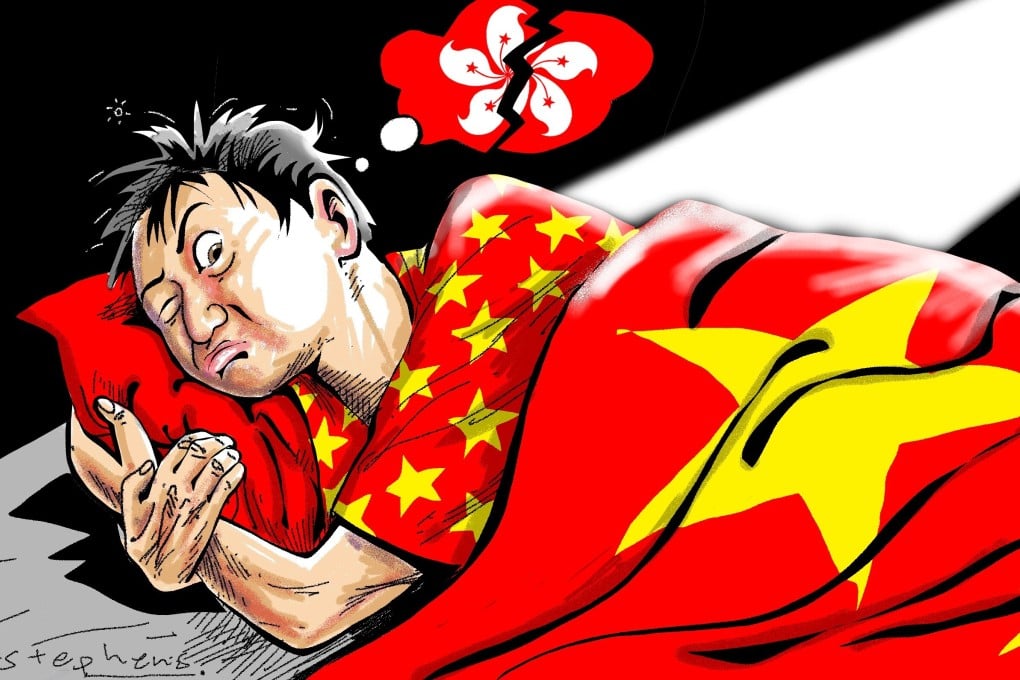Advertisement
Opinion | How Hong Kong and Beijing can pick up the pieces after months of tumult
- Fearing the loss of Hong Kong to a separatist movement fuelled by foreign interference, China is determined to act tough even if it risks alienating the man in the street
- Hong Kong must secure both Beijing’s trust and international confidence, while China’s leaders need to figure out Hong Kong’s value to the nation
Reading Time:4 minutes
Why you can trust SCMP

On October 1 last year, when the 70th anniversary of the People’s Republic of China was celebrated, Hong Kong experienced one of its most violent and chaotic days.
Advertisement
At the end of the month, the Chinese Communist Party’s Central Committee pledged to govern the city in strict accordance with the constitution and Basic Law and to establish a sound legal system and enforcement mechanism for safeguarding national security. That marked a major turning point for Hong Kong.
Central supervision of the local government has since been tightened and a tailor-made national security law imposed. A new era emphasising “one country” has dawned. One year on, while violent protests have somewhat subsided, the city is still in search of a solution to its political conundrum.
With the national security law, optimists hope for the end of disorder and arrival of a “second transition”, while pessimists worry about the erosion of the city’s autonomy and freedom. Such starkly opposing sentiments point to the same sad reality where past assumptions behind the “one country, two systems” framework no longer apply.
Such a framework had facilitated Hong Kong’s reunification with China’s socialist mainland in 1997 while keeping British institutional legacy almost intact. It allowed an open international hub to continue to thrive under the rule of law. An East-West hybrid well connected to the Western world was highly valued by China, and vice versa. “Two systems” was hailed as the key to a bright new future.
Advertisement
By extending an executive-led system from British rule, Beijing had hoped that the city would be politically stable and administratively efficient. The promise of full electoral democracy was ambiguous, thus paving the way for growing tension with a population, especially the younger generation, yearning for self-administration and local identity.

Advertisement
